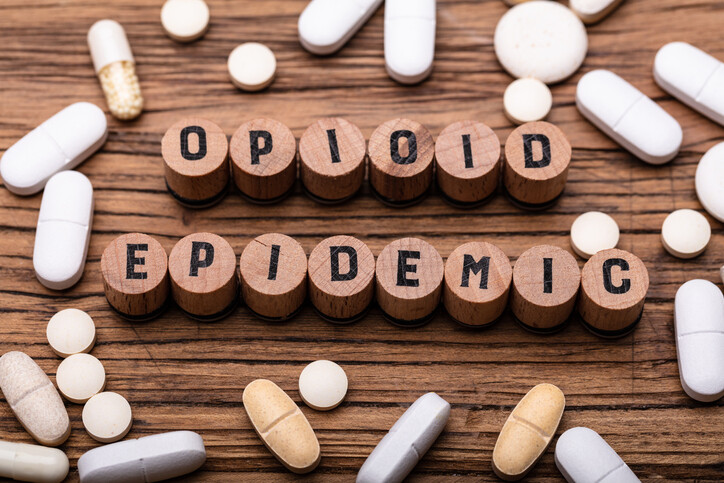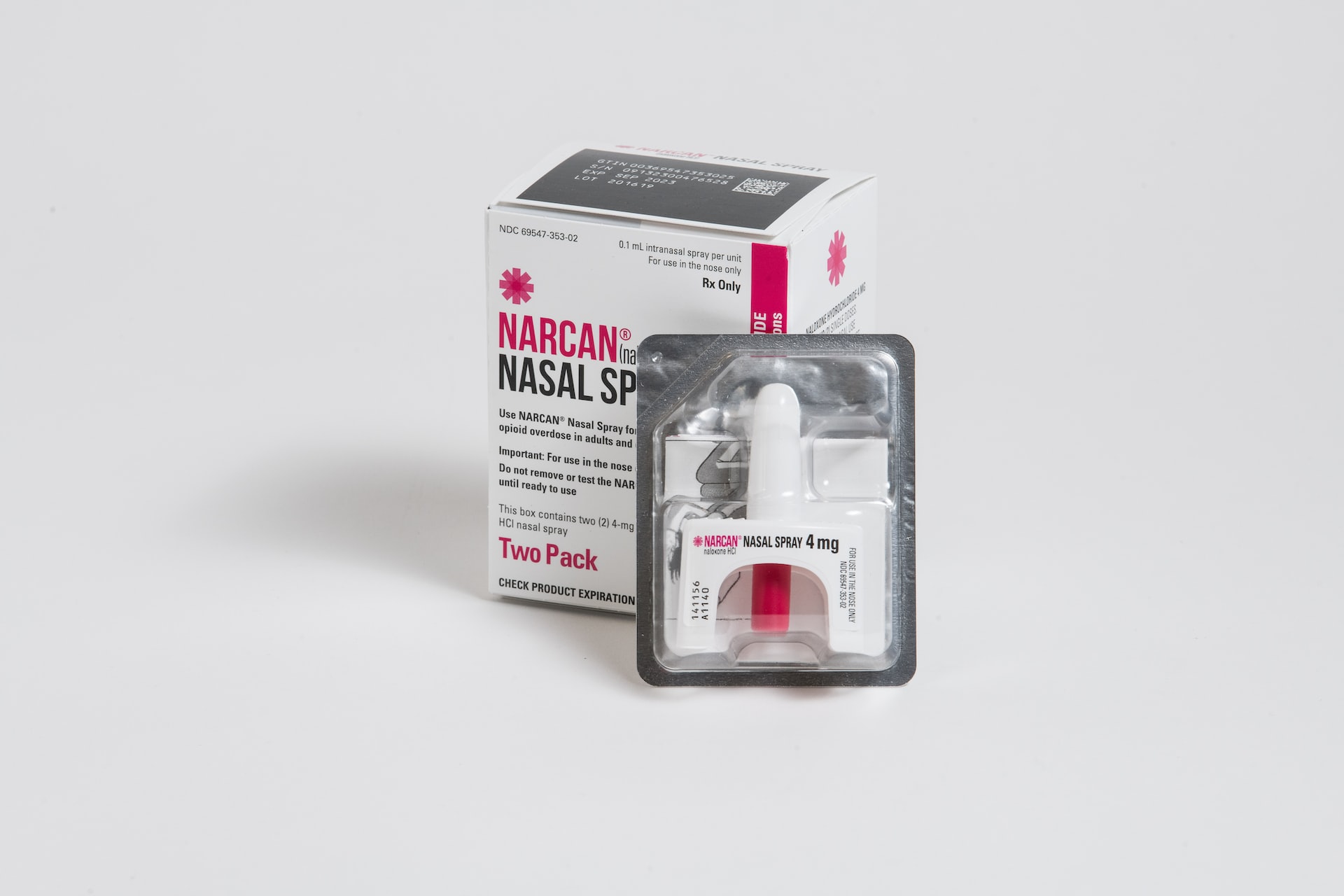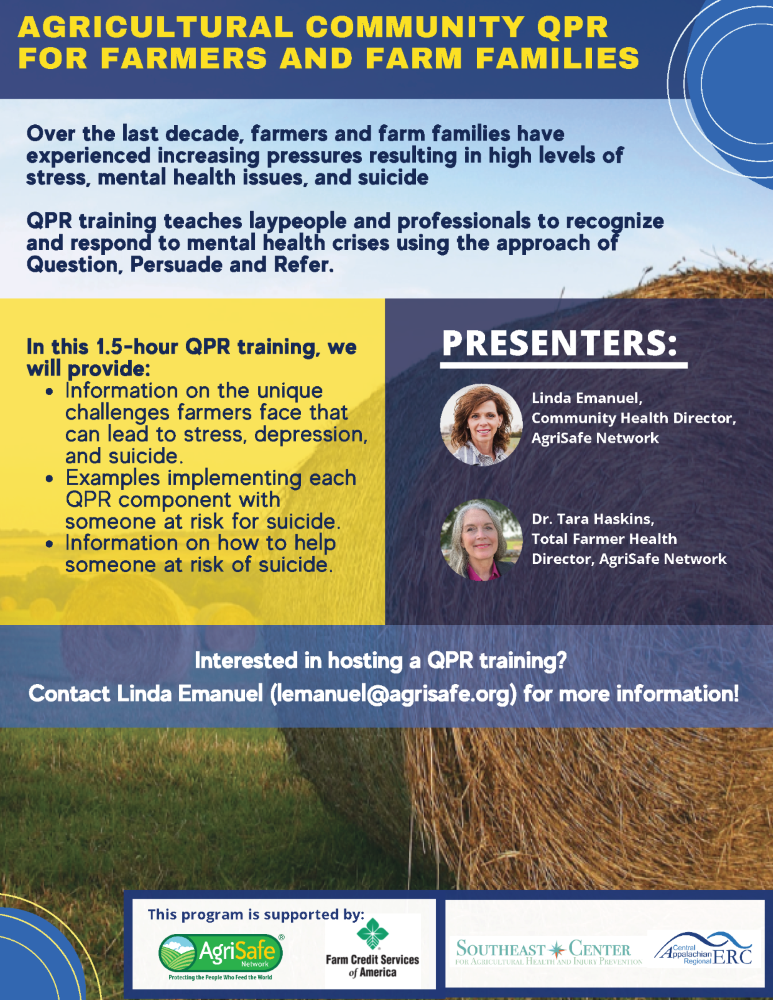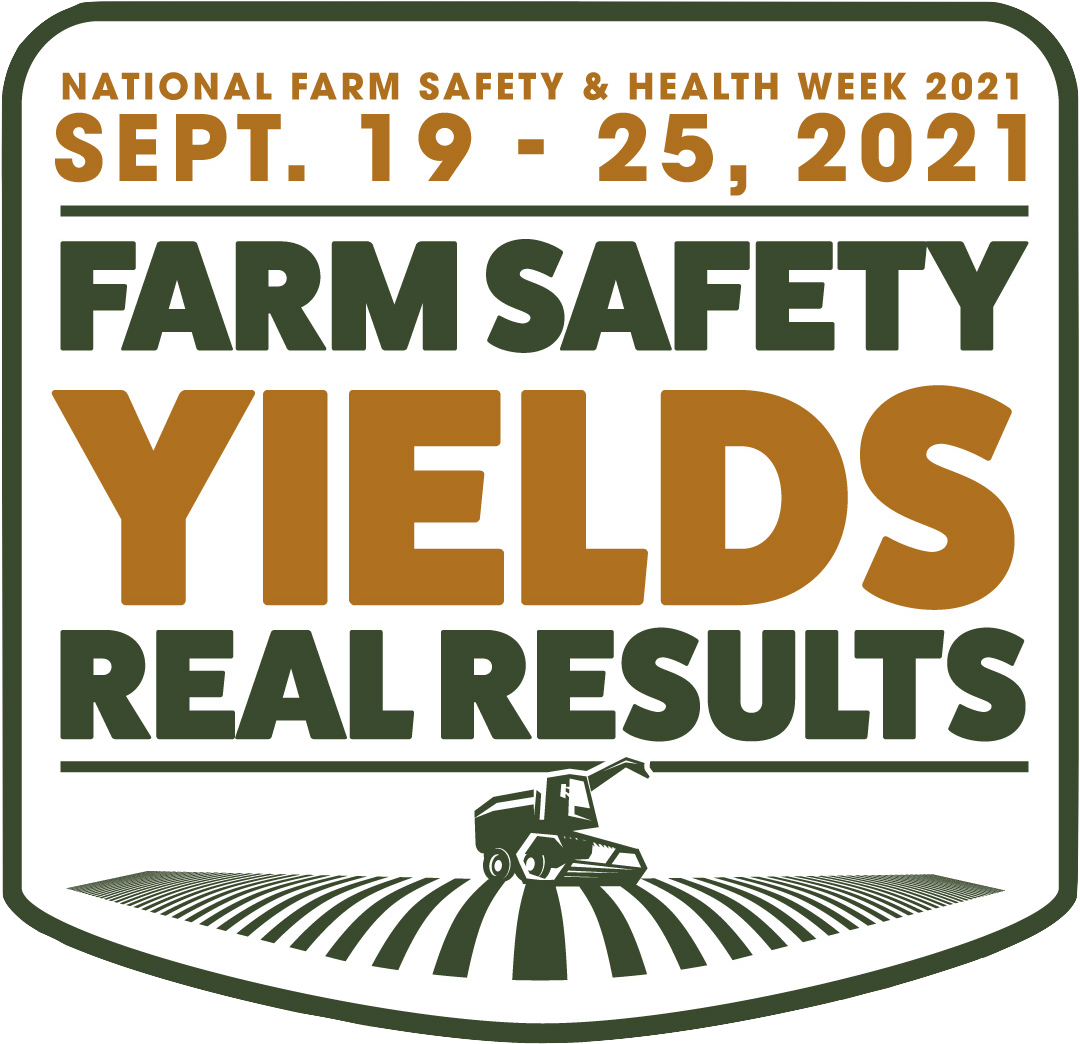Safety Sensitivity of Opioid Use in High Hazardous Industries Such as Agriculture
The American College of Occupational and Environmental Medicine released recommendations for opioid prescribing based on safety-sensitive occupations. Safety-sensitive work is typically classified as operating motor vehicles, modes of transportation, other heavy machinery, or tasks requiring high levels of cognitive function or judgment. Farm duties frequently demand the use of heavy machinery, and concurrent use ofRead More









